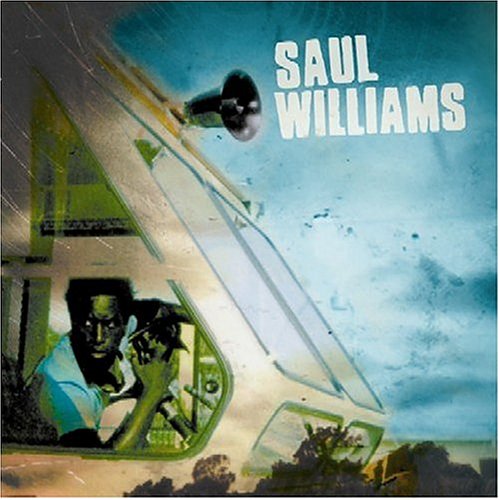The Last Poets Understand What Black Is (Interview)
Fifty years ago The Last Poets formed as a group in Marcus Garvey Park on what would have been Malcolm X’s 43rd birthday. The outspoken minister and activist was killed three years earlier in 1965 amidst civil rights turmoil in the country and a serious disagreement with Nation Of Islam leader Elijah Muhammad. The group emerged with their self-titled album in 1970 and took America to task for its racism as a trio of two poets and a percussionist. Their Pro-Black poetry was in the same class as the work of Gil Scott-Heron who also admonished America’s racist practices with the eloquence of jazz.
It has been 20 years since The Last Poets released Time Has Come. Black Lives Matter, Trump, and the overall feeling that America has not changed since they started making music five decades ago brought them out of retirement to record Understand What Black Is. The new music is just as fiery as some of their favored jewels like “Niggas Is Scared Of Revolution” and has a distinct jazzy dub sound. The album is also a celebration of their 50th anniversary as a group. Hip-hop and rap music gets so much of its passion, rhythm, and candidness from The Last Poets. Members Abiodun Oyewole, Umar Bin Hassan and Baba Donn Babatunde recently answered some emailed questions about Understand What Black Is and their view of America today.Â
“Malcolm X was about human rights”-AbiodunÂ
It’s been a while since your last album, what is it about this time that made you want to create new music?
Umar:Â The fact that we are alive and able to do this after 50 years and the changes we have been through as men in the black community, we look at things differently and more wisely as we are older and wiser.
Baba:Â And we are in Trump time.
Abiodun:Â To let it be known that The Last Poets are alive and well, and we are still thinking and we are still very vibrant when it comes to our thoughts and the world we live in.
Abiodun, when you say “You can’t shoot what you can’t see†in “How Many Bullets†what is it that they can’t see?
Abiodun:Â You can’t see the spirit, that can never be killed. The spirit of those have been taken out actually manifests itself in the lives of those who are still living.
Umar, “North East West South†is a tribute to Prince, can you tell me why you called it that and what inspired this song?
Umar: Prince has been a musical hero of mine, he is a musical genius, he spoke to all the communities in the world – hence calling North East West and South. He dealt with a lot of things, whether it was black and white relationships, sexual attitudes and when you find someone you think you are in love with, don’t worry about what other people think about you two, it matters what you think.
How did you decide to use reggae on this album?
Umar: We didn’t know how it was going to sound, it just sounded different and it seemed to match up with the words
Baba:Â It speaks to another group of people, communicating the thoughts and word of The Last Poets.
What do you all think of the social movements going on now like Black Lives Matter and the #MeToo movements?
Baba:Â We are back at civil rights.
Abiodun:Â It’s a reflection of the civil rights movement and its necessary because of circumstances that exists in America that have not changed over the years.
Baba:Â Black Lives Matter is a human rights problem.
Do you see today where Malcolm X’s spirit has survived?
Umar:Â It’s in the Black Lives Matter movement in the lives of those young people.
Abiodun: Malcolm X was about human rights if you have human rights you don’t have to specifically fight for civil rights as it inherent in human rights that you will be treated civilly. Malcolm X was bringing a case to the United Nations about our rights be violated in America.
The week before he got shot he was given a chance to speak at the United Nations to speak on behalf of the gross neglect of human rights that black folks were facing in America.
“Black Lives Matter is a human rights problem”-Baba
How do you feel about the president hosting a race summit with people like Kanye West and Colin Kaepernick?
Baba:Â It’s a farce.
Abiodun:Â It’s a total farce!
When people think of The Last Poets, what should they think?
Abiodun: They should think of soldiers for humanity.
Baba:Â Self-respect and self-determination.
Umar:Â Think about all the intelligence, vibrancy that we have brought to them throughout the 50 years.
Abiodun:Â We are just not poets of the black community we are poets of the world community.
Follow The Last Poets on Twitter, Facebook, Instagram, Bandcamp and Spotify.Â



